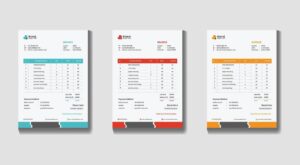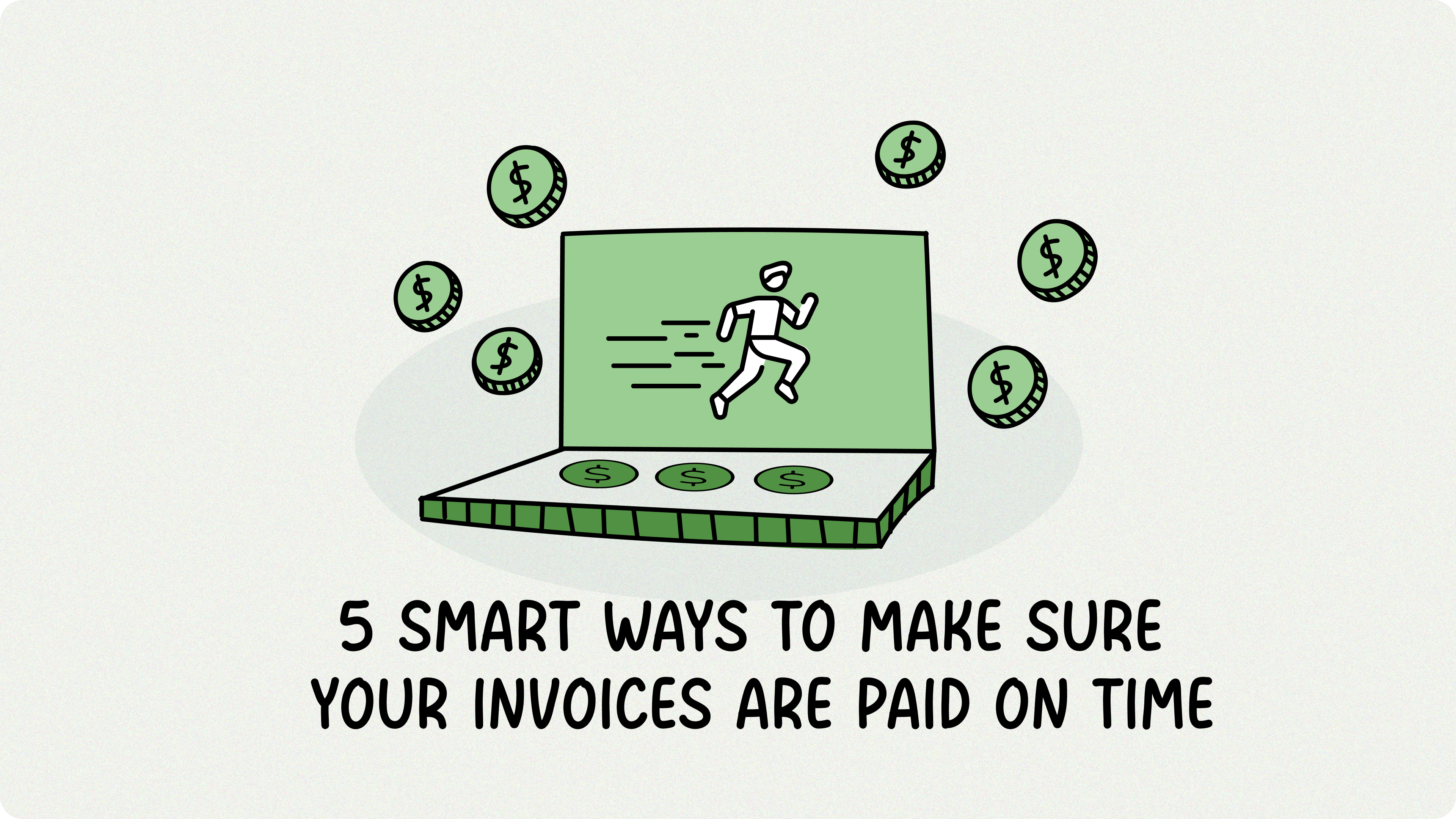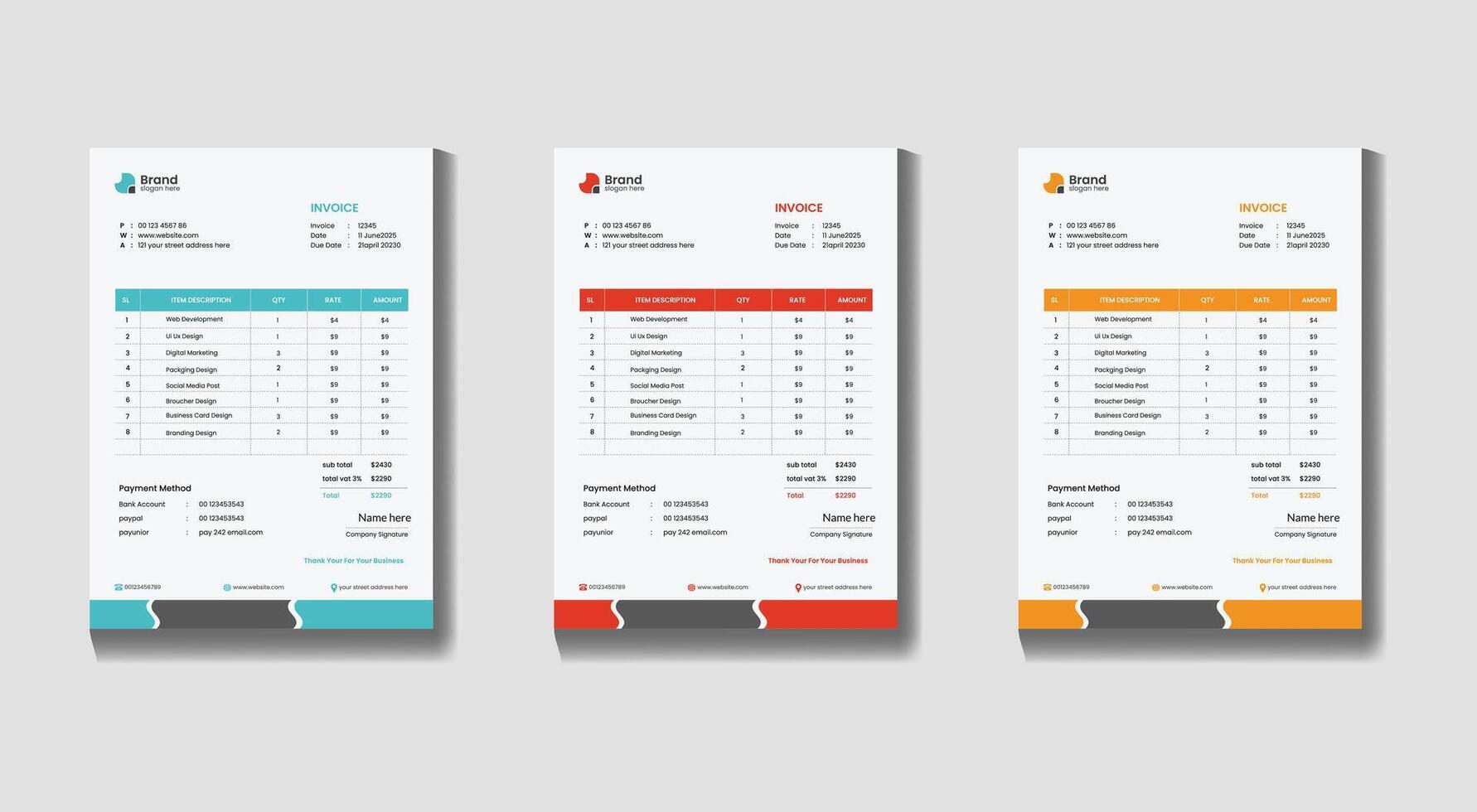You’ve done the work. You poured your expertise into the project, delivered fantastic results, and the client is thrilled. Now comes the less glamorous, but critically important part: getting paid for it. For so many freelancers and small business owners, the time between sending an invoice and seeing the money in your account can be a source of major stress and uncertainty.
If this feels familiar, you are far from alone. According to a QuickBooks survey, 73% of businesses are negatively impacted by late invoices.
Let’s be honest, chasing down payments is the last thing you want to spend your time on. It’s awkward, time-consuming, and disrupts the cash flow that keeps your business running smoothly. The good news is that getting paid on time isn’t about luck; it’s about having a professional and consistent process.
Here are five smart, actionable ways to ensure your invoices are paid promptly, so you can spend less time chasing and more time doing what you do best.
1. Set Clear Expectations Before You Start the Work
The single best time to ensure an invoice is paid on time is before you’ve even created it. A lack of clarity is one of the biggest sources of payment delays. Setting professional boundaries and expectations from the very beginning prevents confusion down the line.
In your contract or project proposal, include a dedicated section for payment terms. Clearly outline:
- Due Dates: Is payment due upon receipt, in 15 days (Net 15), or in 30 days (Net 30)?
- Payment Methods: How can clients pay you? (More on this in a moment).
- Late Fee Policy: What happens if a payment is late?
Discussing these terms upfront frames prompt payment as a core part of your professional agreement, not an afterthought.
2. Make Your Invoices Clear, Complete, and Professional
An amateurish or confusing invoice is an easy excuse for a client to “put it aside to deal with later.” A professional invoice, on the other hand, signals that you are a serious business and makes it easy for the client’s accounting department to process.
Every invoice you send should include:
- Your business name and contact information
- Your client’s name and contact information
- A unique invoice number for tracking
- The invoice issue date and the payment due date
- A detailed, itemized list of the services or products provided
- The total amount due, stated clearly
- Your payment terms and instructions
Using a clean, branded template not only looks more professional but also ensures you never forget a critical detail. Want to get every part just right? Check out our deep-dive guide, What Is an Invoice? (And How to Create One), for pro tips on crafting the perfect bill.
3. Offer Convenient, Modern Payment Options
Think about it from your client’s perspective. If their only option is to find a checkbook, write a check, and mail it, you’ve created friction. In today’s digital world, friction leads to procrastination. The easier you make it for someone to pay you, the faster you will get paid.
On every invoice, include a direct link for online payments. Allowing clients to pay instantly via credit card or an ACH bank transfer is a game-changer. It turns paying your invoice into a simple, two-minute task they can do right from their email, dramatically reducing delays.
4. Automate Your Follow-ups (Politely and Persistently)
This might be the most powerful, yet underutilized, strategy. Most payment delays aren’t malicious; they’re often due to simple forgetfulness. However, manually tracking who has paid and who needs a reminder is a huge time-sink and can feel personally awkward.
This is where a system can do the heavy lifting for you. Set up automated email reminders to go out:
- A few days before the due date: A gentle, friendly heads-up
- On the day it’s due: A simple reminder that payment is due today
- A week after it’s overdue: A polite but firm follow-up
Automating this process removes the emotion and ensures no invoice ever falls through the cracks. It’s a persistent, professional system that does the “nagging” so you don’t have to.
5. Establish a Late Fee Policy (and Mean It)
No one likes to talk about late fees, but they serve a crucial psychological purpose. A late fee policy communicates that your time and financial stability are valuable, and it provides a clear financial incentive for clients to pay on time.
The key is to include it in your contract and state it clearly on your invoice (e.g., “A late fee of 1.5% per month will be applied to balances not paid within 30 days.”). You may choose to waive it for a first-time offense with a good client, but the policy’s mere existence is often enough to encourage prompt payment. It transforms the due date from a suggestion into a deadline with a tangible consequence.
Build a System for Success
Notice a common thread here? The most effective strategies are built on clear communication and consistent systems, not just wishful thinking. When you create a professional process for invoicing and collections, you are taking control of your cash flow and demonstrating the value of your work.
Getting paid on time shouldn’t be a struggle. It should be the routine, satisfying conclusion to a job well done.
Fynlo gives you everything you need: professional invoice templates, online payment links, automated reminders, consolidated invoice records, and built-in analytics, all in one place. Sign up for free today and take control of your cash flow!
You may also like these articles:







